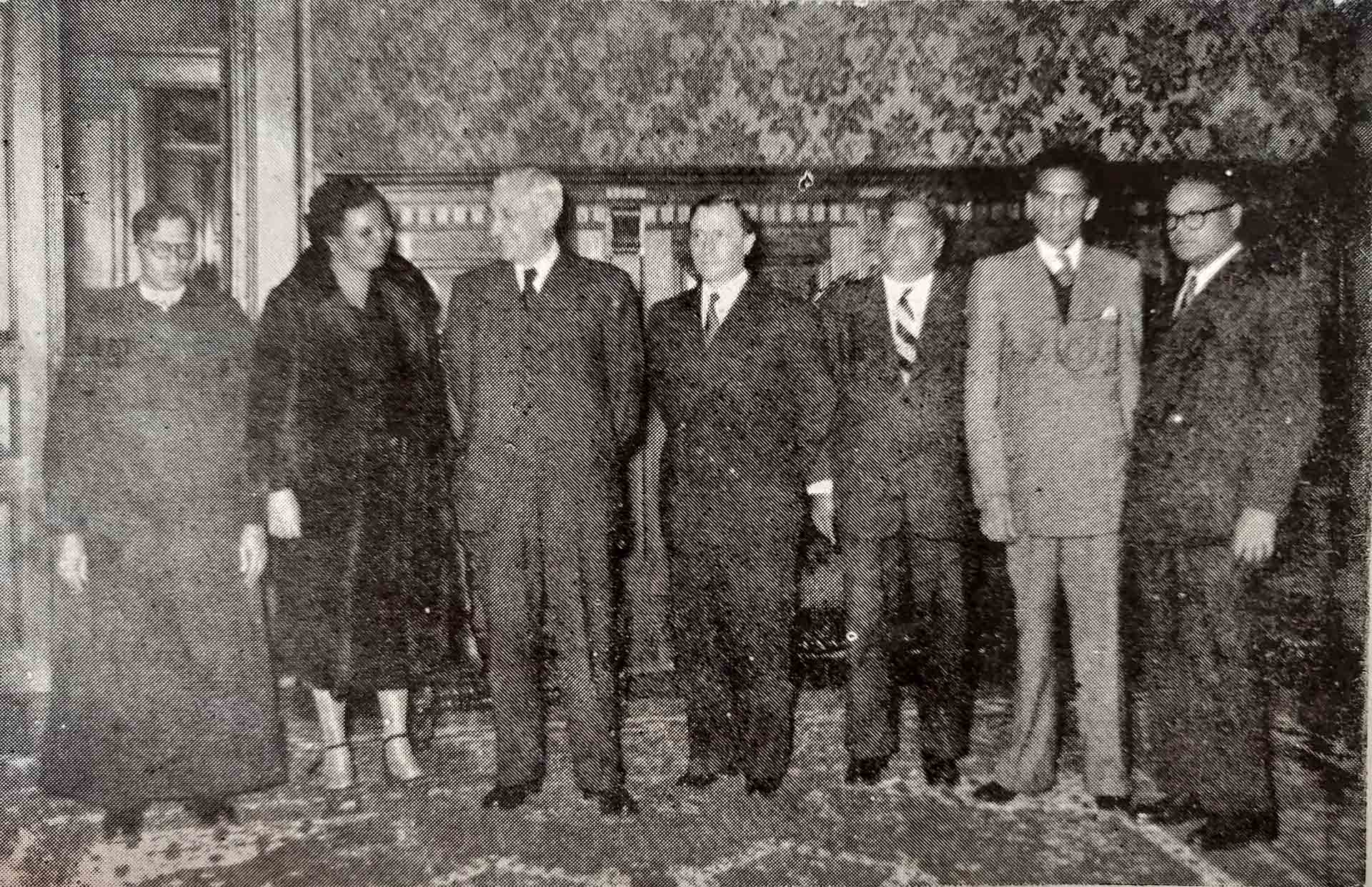Remembering Leonor
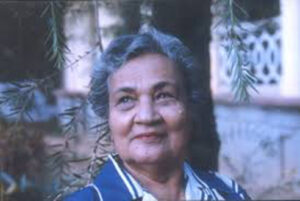
Paying homage to the dead is a cardinal civic virtue, an expression of gratitude that also helps to imbibe sterling values perhaps scarce in a new day and age. And this is what links us to Leonor de Loyola Furtado e Fernandes, who was born on 24th May 1909 to Miguel de Loyola Furtado and Maria Julieta de Loyola. Married to Martinho António Fernandes, she was essentially a matriarch and a grand lady of the Fourth Estate.
Leonor was a career woman with a difference. A mother at 16, it was after this that she began writing in earnest, without letting this disturb her duties as a housewife. Her husband encouraged her to fight for her ideals through the weekly A Índia Portuguesa, and bore the brunt as Administrator of the Comunidades of Salcete, dogged as he was by controversy fuelled by a mix of personal vengeance and political vendetta.
Although Martinho eventually emerged unscathed, it was not easy for Leonor to weather those storms while she raised four daughters. A grandmother at 39, two years later she took over the said weekly, a family heirloom and historic mouthpiece of the political party called Partido Indiano, becoming the first lady editor in the whole of the Portuguese speaking world and in the Indian sub-continent too.
In 1951, she travelled to Portugal, the sole lady in a five-member media delegation from Goa invited to see the ‘mother country’. Portugal had then renamed its colonies ‘Overseas Provinces’, considering them an integral part of a far-flung Portuguese State. Leonor wrote about what had impressed her, not forgetting the meeting with Premier Oliveira Salazar, the Minister for Overseas Territories, Sarmento Rodrigues, and the pressmen with whom she spoke on different aspects of life in Goa.
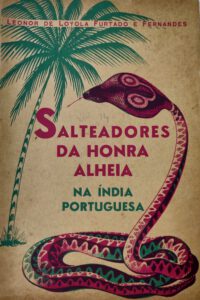
Her trip of 1956 was marked by the publication of her first book, Salteadores da Honra Alheia na Índia Portuguesa (‘Assailants of People’s Honour in Portuguese India’), whose arresting title and explosive content led to its confiscation in Goa. While she wished to publicize the truth about her husband’s professional troubles, evil doings of prominent individuals and shady workings of many a public institution got exposed too.
Leonor was a champion of civil liberties by virtue of her journalism. As a proud descendant of one of Goa’s best known families involved in the civil rights movement, she took to it like fish to water. While critical of the administrative faults of the Portuguese regime, she was a moderate in her political aspirations, open to the ideas of decentralization and greater financial autonomy for Goa, and more importantly a zealous protector of the Goan identity, in the pre- as well as post-1961 regimes.
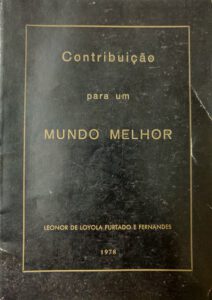
Her second book, Contribuição para um Mundo Melhor (‘Contribution for a Better World’) shows her love for Goa but does not camouflage her combative spirit. It has interesting reflections on the period spanning 1961-78; her missives from Portugal, Angola and Mozambique (August-October 1969); historical snippets about her newspaper; the story of the legendary José Inácio de Loyola Sr.; and photocopies of historic telegrams of the tumultuous days of September 1890.
Under the new political dispensation, her journal had to change its name to A Índia – just ‘India’! She was smart enough not to grudge this. But what provoked her ire was that the Comunidades had been given short shrift in a chaotic democratic state. In 1966, when interviewed by the redoubtable D. F. Karaka, Leonor fulminates against the police for searching her residence by night, looking for components of bombs and other subversive material used in the Vasco bomb case. Frustrated with their sole discovery, a book titled , her Indian passport was impounded and censorship was imposed on her paper.
The intrepid journalist declared that “her fight was against all governments who tried to deprive the people of civil rights and who imposed censorship, whether it was a Portuguese censorship or the censorship dictated by the Indian Government.” And some of her statements to the Bombay tabloid have a familiar ring even today: “The administration has gone rotten. In the (Goa) Assembly, the Opposition has accused the Government of nepotism, communalism, inefficiency and incompetence…. Laws have been passed without going into the constitutional right of the people,” she complained.
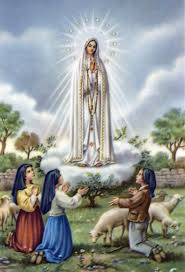
To redress her own grievances against the Government of Goa, she either met or wrote to Indira Gandhi every time. In her letter of 19th February 1966, she declared, “I believe in a Power above the powers of the world and in justice that comes, sometimes in time, at other times a bit late, in some manner or the other.” The restrictions were soon lifted, by a letter dated 13th May 1966, the significance of which day was not lost on Leonor: she was a great believer in the Message given on this day, half a century earlier, by the Mother of Jesus, when she appeared at Fatima, Portugal.
Leonor was truly blessed with a deep and empowering faith, or else she would not have endured as a career journalist until December 1975. And, not surprisingly, when the Angel knocked at her door on 8th January 2005, he must have found Leonor de Loyola Furtado e Fernandes, at the ripe old age of 95, still steadfast in her principles and faithful to her people.
(Goa Today, June 2009)
